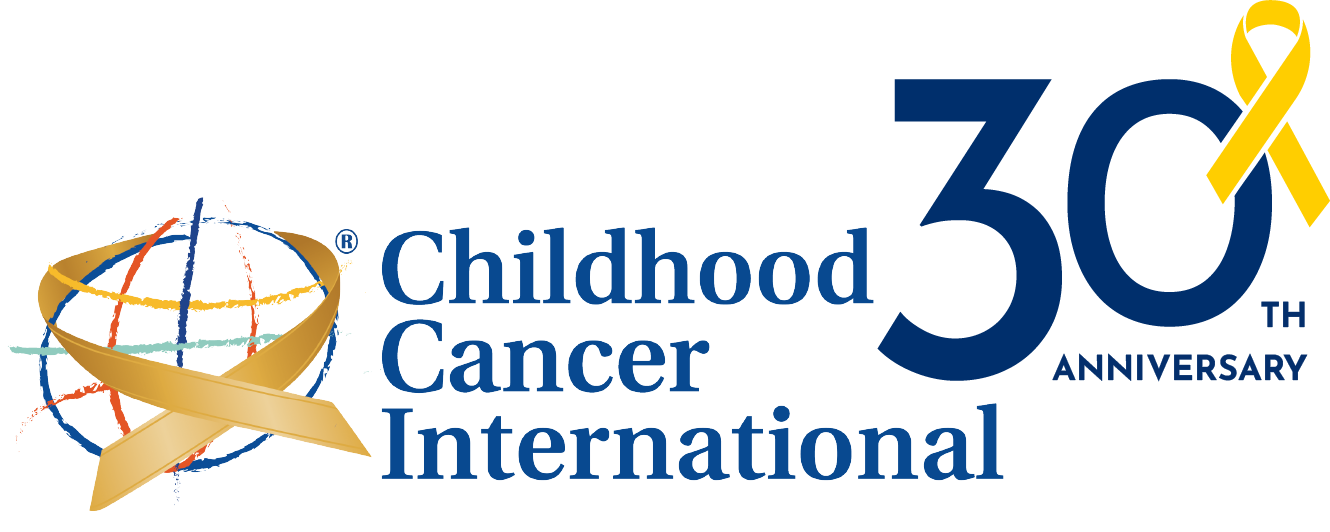After Diagnosis: How to Cope
Author: Dr. Arturo Osorio
No parent ever wants to hear their child has cancer. The initial shock and fear can make it seem like your entire world has been turned upside down in an instant.
Each year, around the globe over 400,000 children and adolescents are diagnosed with some form of cancer. Knowing how to cope after your child has received a cancer diagnosis can help you to navigate a life-altering experience as best as you can.
Ways to Cope With Stress
There is no one-size-fits-all solution to coping, everyone reacts differently. You may feel hopeless, helpless, frustrated, and downright angry at times. Here are some tips you might try.
-
First, take a deep breath. Deep breathing can slow your heart rate and signal to your brain that it’s time to calm down. You might not be able to process information if you are working from a state of panic.
-
Take time to process your child’s diagnosis. It can take a day or even an entire week to navigate through your thoughts and feelings before sharing the news with anyone. Avoid moving too fast in the situation, as this may lead you to feel overwhelmed and incapable of handling the diagnosis.
-
Turn to your partner or loved ones to cope with the diagnosis. Share your child’s diagnosis only with those you can trust and rely on, especially if you choose to do so before informing your child of their diagnosis.
-
Be open, honest, and direct with your child when discussing their cancer diagnosis. Gauge the level of openness and honesty that is appropriate for your child based on their age and personality as well as their ability to accept and cope with difficult and mature matters. It might be helpful to ask your cancer care team for some pointers on how to frame the situation for your child.
-
Laying in bed can be tempting, and hide under the covers right now. And for a few days, that is just fine. But eventually, you’re gonna need to start moving again. Without adequate exercise, stress is right around the corner, and being overwhelmed is easier. These feelings arise when you are going through tough emotions, test results, and appointments. Exercise for at least 60 minutes a day, even if that just means taking a long walk. Boosting your heart rate and exercising will release natural endorphins and stress relievers that can help improve your mood.
-
For some, nature is a source of peace and calm. Take walks or spend time with your child visiting lakes, rivers, or nature trails. Nature can be a great place to work through complicated emotions and plan your next steps.
-
Practice meditating and learn the basics of yoga to help decompress while taking your mind off of your child’s diagnosis. Meditation and yoga are not only used for spiritual growth and relaxation but are also proven tools to help alleviate stress and anxiety.
-
You’re scared. So imagine how your child feels. You must work through your own emotions so you can give your child the support they need. They’ll look to you for hope and guidance, and you can look to your support team and network of doctors to give it to you.
-
stjude.org – Childhood Cancer Facts
timesofindia.com – Advantages of deep breathing exercises
cancer.org – Helping Your Child Adjust to a Cancer Diagnosis
harvard.edu – Yoga for better mental health – Harvard Health
sunshinebehavioralhealth.com – Mental Health Resources for Newly Diagnosed Patients with Cancer
About the author:
Dr. Arturo Osorio is a licensed physician practicing in Nicaragua. Dr. Osorio went to Universidad Nacional Autónoma de Nicaragua (León), where he got Bachelor of Medicine, Bachelor of Surgery Degree. He has been practicing medicine in public hospitals and private clinics since 2018.
